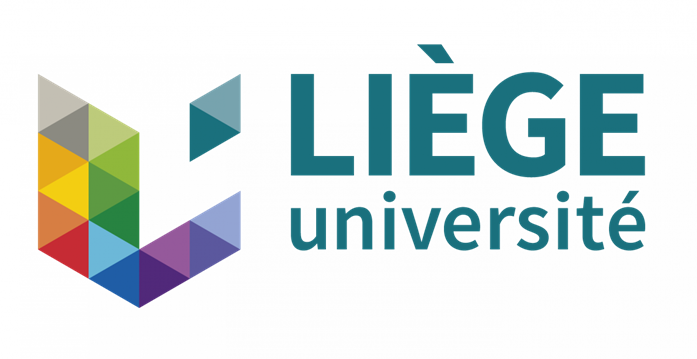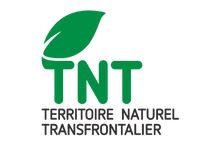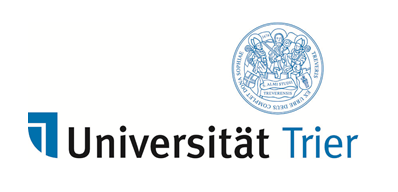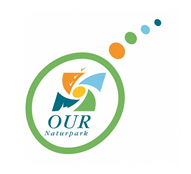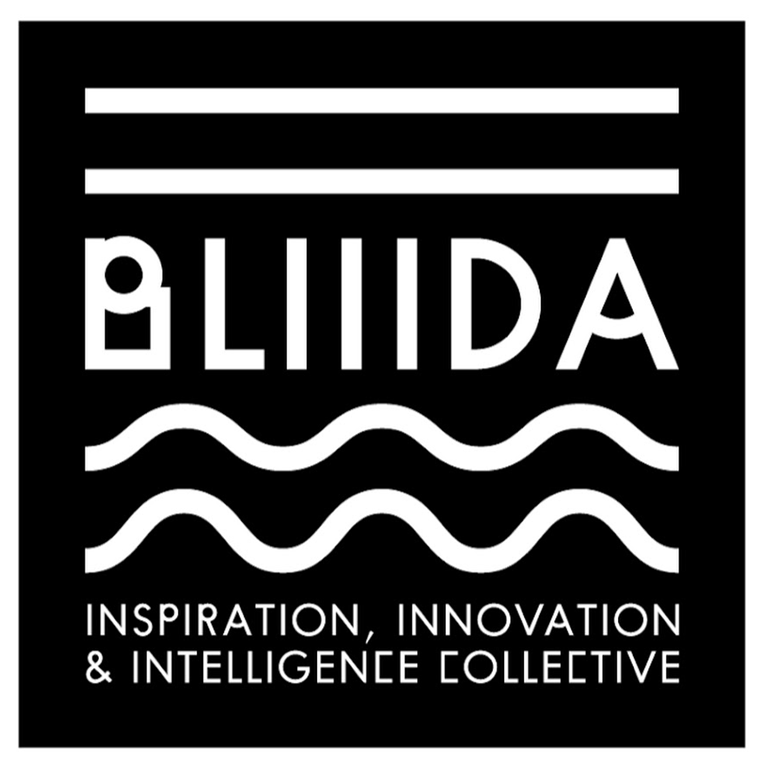INTERREG GR : Boosting the competitive edge and appeal of the Greater Region
INTERREG, a “European Territorial Cooperation” (ETC) programme, comes under the framework of the EU’s Cohesion Policy. This policy seeks to strengthen economic, social and territorial cohesion by reducing differences in development levels between the various territories within the European Union. Funded by the “European Regional Development Fund” (ERDF), INTERREG has provided the framework for transnational, cross-border and inter-regional cooperation for over 25 years.
The INTERREG V A Greater Region programme supports cross-border cooperation projects between local and regional stakeholders from territories within the Greater Region.
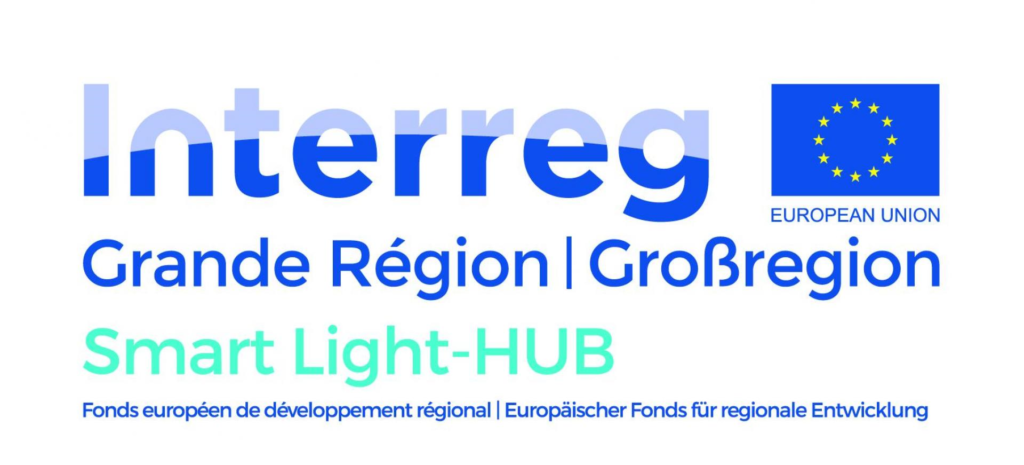
Joint reflection on the problem of light pollution and its impact on biodiversity
Smart Light-Hub is an Interreg V A Greater Region project aimed at promptingcollective responses to unmet artificial lighting requirements.
The project also seeks to boost cross-border cooperation in the Greater Region by generating inter-operator synergies in order to define an innovative, ecosystem-friendly, economically viable and creative strategy for lighting in public and private spaces.
Research and Development aim to generate specific solutions, with a particular focus on delivering results to combat light pollution and energy losses.
The initiative stets itself apart by its integrated approach to artificial lighting, which takes into account both energy criteria and criteria associated with the preservation of biodiversity.
Several partners working using a common method
The Smart Light Hub project brings together 4 operating partners from 3 Greater Region areas : the University of Liège (ULiège), the University of Trêves (UTriër), the not-for-profit organisation, Natagora, and the Territoire Naturel Transfrontalier (TNT).
They are supported by methodology partners providing logistical, intellectual and relational support. These include the Agence Luxembourgeoise d’Action Culturelle (ALAC – Luxembourg Agency for Cultural Action), the “third place” Bliiida and the Parc Naturel de l’Our (Our Natural Park).
All of these partners have the same objectives, namely :
- The setting up of a cross-border network (Hub) specialising in light pollution and its impacts on biodiversity;
- The development and provision of exemplary, inspiring prototypes;
- The creation of a mobile work and exhibition space (Lab) made from repurposed shipping containers;
- The creation of a sustainable structure with voluntary stakeholders.
Collaboration between these partners is based on a common method, whilst drawing on the specific skills of each partner :
- Natagora is conducting a field study to test various lamps in several biotopes;
- The University of Liège is organising “Art-Science-Entrepreneurship” awareness and co-creation sessions (hybridisation workshops) to generate innovative, inspiring lighting devices;
- The TNT is making its parks available for use as demonstration and awareness-raising areas to highlight the problem and potential solutions;
- The University of Trêves is working on raising awareness and disseminating information to economic stakeholders and the market per se.
The Smart Light Hub project, which was initially set to run for 36 months (2019-2021) but has been extended to the 31st of december 2022, has a budget of €1,777,651.70.

